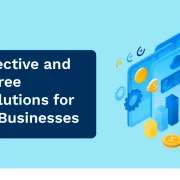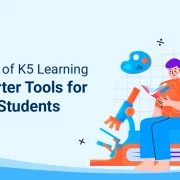Online learning is the learning that takes place over the internet. It can be via an LMS or online media or webinar.
Q: What is online learning?
A: Digital learning is a form of instruction where students and teachers communicate in a virtual setting and access learning materials and resources online.
Q: What are the different types of digital learning?
A: Online education can take many various forms, including synchronous (real-time) and asynchronous (self-paced), blended or hybrid, and massive open online courses (MOOCs).
Q: What are the benefits?
A: Flexibility, accessibility, affordability, and the opportunity to learn from any location with an internet connection are all advantages of digital learning.
Q: What are the challenges?
A: The problems of online learning include lack of face-to-face interaction, opportunity for distractions, technical difficulties, and the need for self-motivation and time management skills.
Q: What technology is needed?
A: A computer or mobile device, a steady internet connection, and software or platforms for communication and course delivery comprise the technology required for online learning.
Q: What are the best practices?
A: The best practices for online learning include creating a schedule and routine, participating actively in conversations and activities, staying in touch with classmates and instructors frequently, and making use of the assistance and resources that are offered.
Q: What types of courses are suitable?
A: Courses that are suited for online learning include those that do not require hands-on or in-person instruction, such as lecture-based courses, professional development courses, and continuing education courses.
Q: Can digital learning be as effective as traditional classroom learning?
A: Certainly, when properly designed and facilitated, as well as when learners are motivated and engaged, virtual learning can be just as effective as traditional classroom learning.
Q: How can employers or educational institutions verify the authenticity of digital learning credentials?
A: Employers or educational institutions can verify the legitimacy of virtual learning credentials by examining the accreditation of the institution or program, validating the identity of the learner, and employing third-party verification services.
Q: What is the future?
A: Online education will likely incorporate more artificial intelligence and machine learning in the future, becoming increasingly personalized, adaptable, and seamlessly integrated with other digital learning and educational technology solutions. HurixDigital is at the forefront of this evolution, driving innovation in virtual learning experiences.



